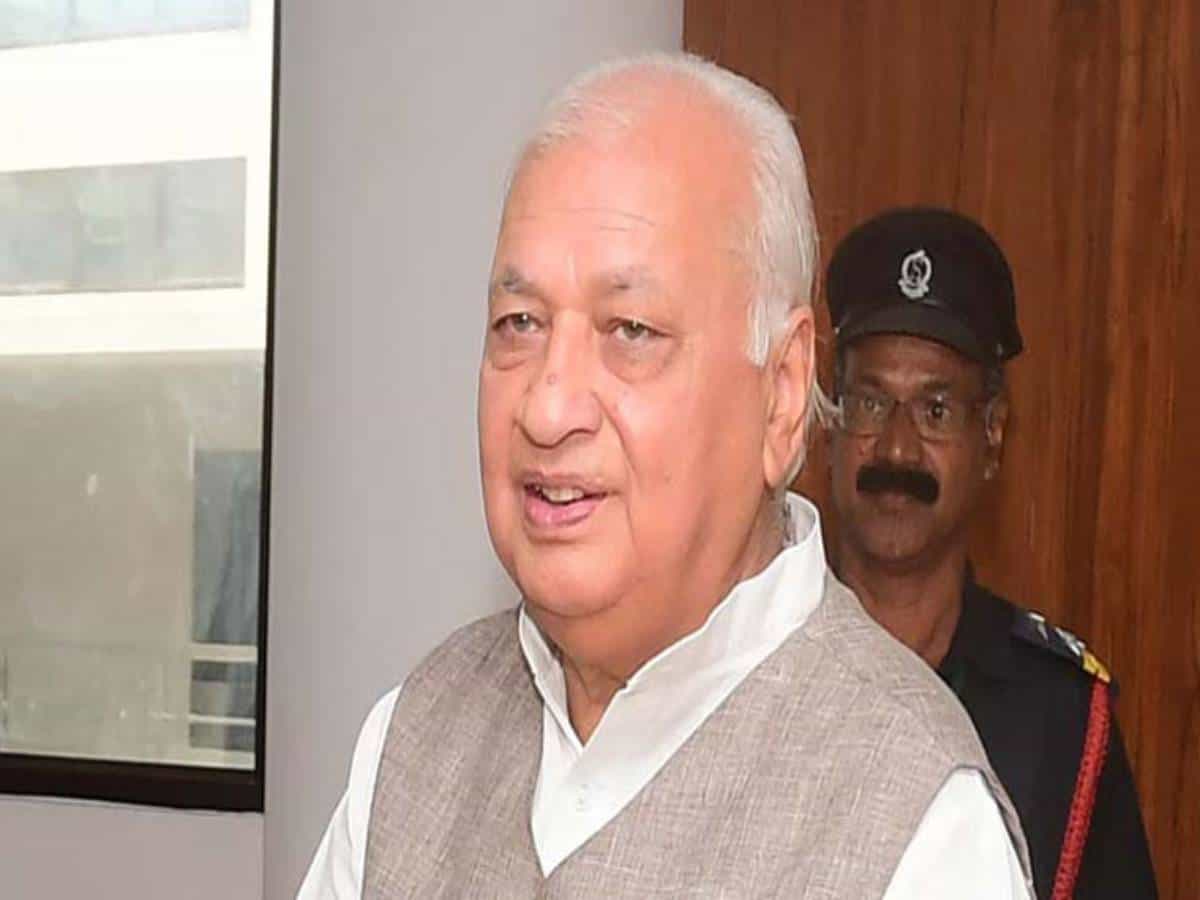
Thiruvananthapuram: The seventh session of the Kerala Legislative Assembly, set to begin from Monday, is expected to see heated discussions on various Bills.
The Bills include the one which aims to take away the powers of the Chancellor from the Governor, the issue of Vizhinjam port protests, and the controversy over appointments in the Thiruvananthapuram Corporation.
The session was convened in the wake of the ongoing tussle between Governor Arif Mohammed Khan and the ruling LDF over functioning of universities in the State and appointments therein.
However, the Bill to replace the Governor with eminent academicians at the helm of universities in the State is just one among over 20 other Bills which are expected to be taken up in the House during the session which concludes on December 15.
Another important Bill that is likely to witness heated discussions is the Kerala General Sales Tax (Amendment) Bill which aims to increase by four percent the Kerala GST on foreign liquor to make up for the loss of revenue due to exemption of the five percent turnover tax levied on distilleries making and selling foreign liquor in the State.
Both Bills have been sharply criticised by the opposition UDF which is likely to oppose them in the House.
The opposition is also expected to raise in the Assembly the recent violent protests in connection with the Vizhinjam seaport construction and the actions of the State government on it as well as the controversial letter purportedly written by Thiruvananthapuram Corporation Mayor to the district leadership of CPI(M) seeking names of party cadres to be appointed on contract in the civic body.
The draft Bill to replace the Governor with eminent academicians as Chancellor of the universities in the State was approved in a Cabinet meeting chaired by Chief Minister Pinarayi Vijayan on November 30.
The draft Bill also provides that the government would have the power to remove the appointed Chancellor from office on the basis of an inquiry conducted by a former judge of the Supreme Court or High Court in case of serious allegations of misconduct against him or her, according to a statement issued by the Chief Minister’s Office recently.
A day after that Khan questioned the legal sanctity of the Bill by claiming that any provision repugnant to UGC regulations cannot become law.
The Governor said the Supreme Court has clearly laid down that if the State law is repugnant to UGC regulations, the UGC regulation shall prevail.
Even if the Bill is passed by the House, which is likely as the Left enjoys majority in the Assembly, it requires the Governor’s assent to become a law.
Khan is yet to sign the Kerala Lok Ayukta Amendment Bill and the University Laws Amendment Bill which were passed by the Assembly during its last session which concluded on September 2.
The Governor has claimed that he required certain explanations regarding these two Bills and had asked the State government to clarify his doubts, but there was no response from their side.
Hence, no decision has been taken regarding those Bills, he had said.
